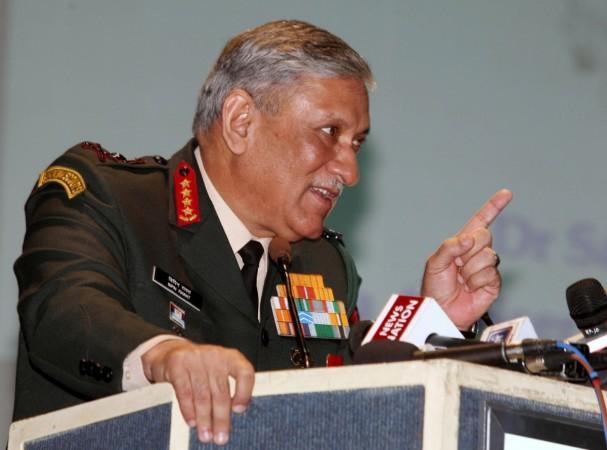
Indian Army Chief, General Bipin Rawat has said that the Army stands behind the personnel who operate and conduct counter-insurgency operations in good faith.
The statement of the Army Chief comes at the backdrop of over 350 Army officers and soldiers approaching the Supreme Court against any move to dilute the Armed Forces Special Powers Act (AFSPA), which is active in Jammu and Kashmir and the northeast.
AFSPA gives armed forces the discretionary power to maintain public order in "disturbed areas". They have the authority to prohibit a gathering of five or more persons in an area, can use force or even open fire after giving a due warning if they feel a person is in contravention of the law. It also gives power to the Army to arrest a suspected person without a warrant.
The Army chief on Saturday, however, questioned the need for the serving personnel to approach the apex court, personally. One of the officers told the Times of India, "The chief said he did not approve of the way serving personnel approached the court in their individual capacity." The Chief of the Army staff was speaking at an informal gathering.
On Tuesday, Gen Rawat refused to comment on AFSPA and said that the matter is sub-judice and people should wait for the final judgement.
Last week, Gen Rawat had said the government and the Army were already fighting cases related to AFSPA in court, and also said that it is an important law for the protection of its officers and soldiers operating in the disturbed zones.
Speaking about the recent case related to Major Leetul Gogoi, he said that the Army will sternly deal with cases of immorality. The prima facie inquiry against Major Gogoi has found him guilty of fraternising with a woman source against existing orders" and "leaving his unit post without permission" in May.
Gen Rawat said all cases of moral turpitude and corruption would be dealt with strictly. Major Gogoi had sparked a controversy when he tied a man on his jeep in Jammu and Kashmir for taking cover from the stone pelters.

















